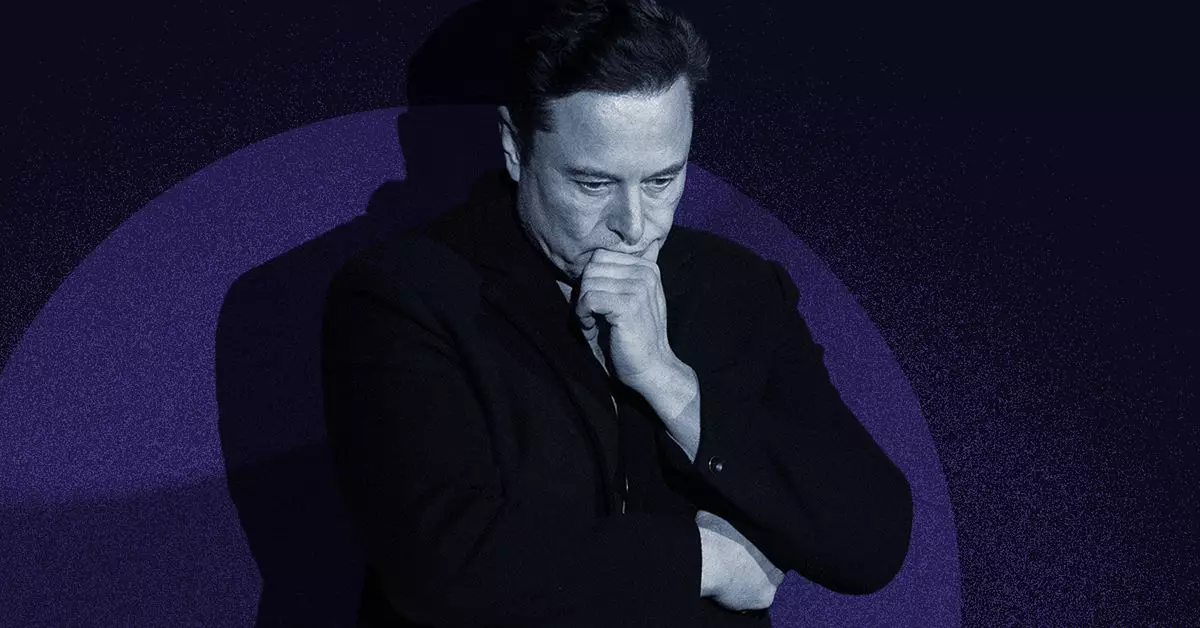Elon Musk, a prominent figure in the tech world and a polarizing public personality, has taken on yet another ambitious project: leading the newly formed advisory group known as the Department of Government Efficiency (DOGE). Though the organization currently lacks substantial framework and defined objectives, Musk is already leveraging his enormous platform on social media to spotlight alleged inefficiencies within the government structure. This provocative initiative raises significant questions about the dual role of technology as both a tool for reform and a medium for public harassment.
This week, Musk focused his attention on Ashley Thomas, who serves as Director of Climate Diversification at the US International Development Finance Corporation. By reposting a comment from an anonymous user on X, Musk characterized Thomas’s position as an example of government waste, claiming that US taxpayers should not fund such roles. His post has garnered millions of views and a deluge of reactions, including damaging harassment towards Thomas herself.
What is particularly concerning is not merely Musk’s critique but the upheaval it incites among his followers. They quickly mobilize into an online mob, delivering threats and misinformation aimed at discrediting the targeted individuals. This style of digital activism, once isolated to extreme groups, is now being legitimized by high-profile figures, leading to detrimental consequences for the individuals involved—who often bear the brunt of unfiltered public scrutiny.
Responses from public organizations, such as the American Federation of Government Employees, emphasize the chilling effect that these targeted attacks can have on civil servants. Everett Kelley, the organization’s president, voiced concerns that Musk’s tactics foster an atmosphere of fear among federal employees, potentially discouraging them from executing their duties effectively. The sheer scale of Musk’s audience on X allows these actions to transform into mass campaigns against individuals, raising ethical questions about the responsibilities that come with wielding such a powerful platform.
Moreover, Musk’s harassment strategy is reminiscent of past incidents where he has employed social media as a weapon. His previous controversies underscore a troubling pattern: using ridicule and public embarrassment as tools for influence. This raises critical discussions regarding the intersection of free speech and the moral obligations of influential figures.
Given that Musk has promised to carry out much of his advisory work publicly—often through polls on X—government employees like Thomas may soon find themselves in the crosshairs of further public scrutiny. The implications are troubling; if individuals are to be scrutinized and potentially vilified based solely on their job titles and responsibilities, it may inadvertently curb progress and innovation within vital government sectors.
As Musk and his allies delve deeper into government inefficiencies, a reevaluation of the ethical implications tied to social media influence is necessary. Citizens, leaders, and tech moguls must reckon with the powerful tools they wield in an era where public opinion can be as swift and ruthless as it is informed. Ultimately, as government structures evolve, vigilance is required to safeguard the individuals within them from becoming collateral damage in a war of ideologies played out across digital landscapes.

